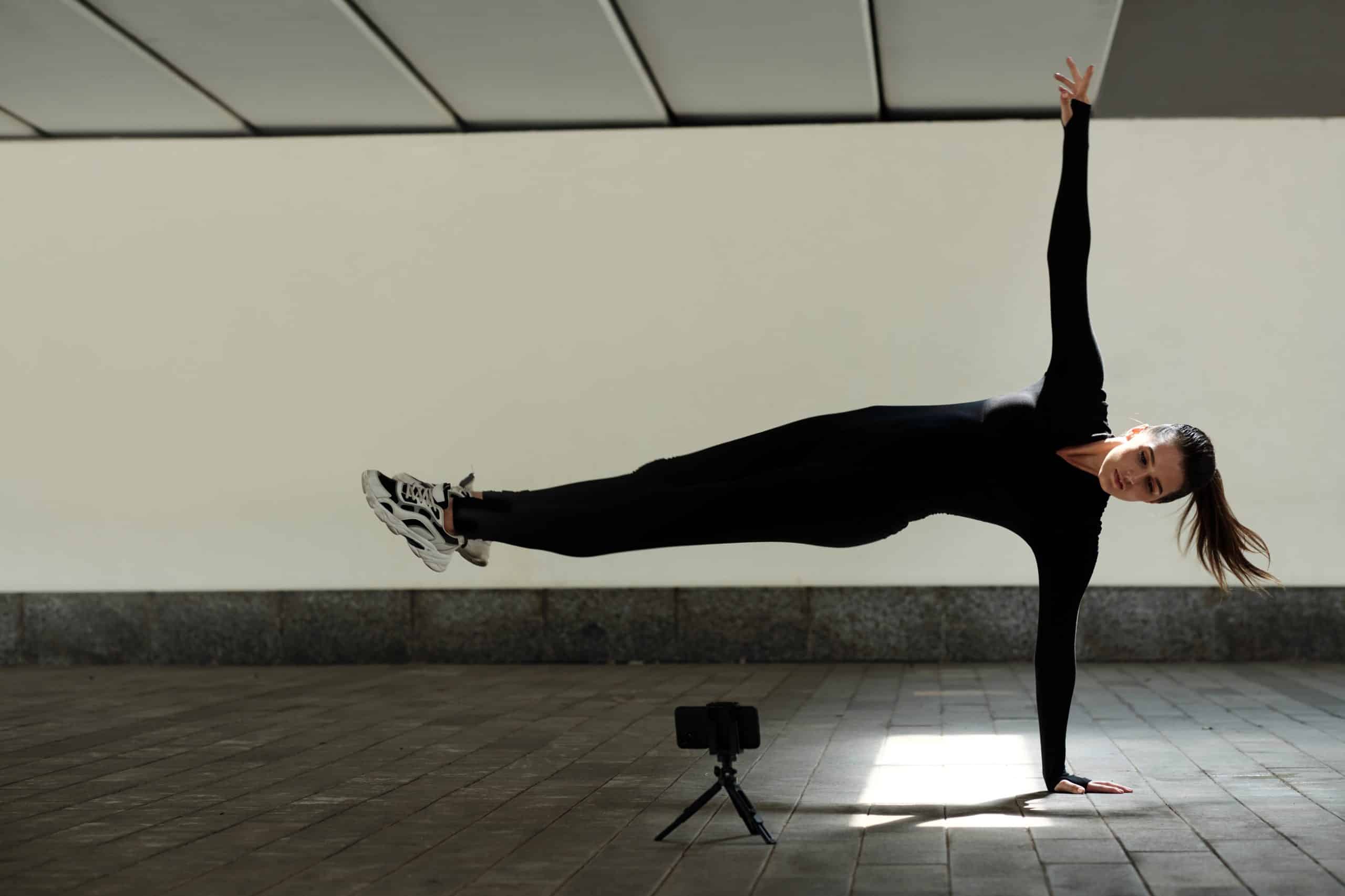Few can underestimate the influence of music on our daily lives. Catchy tunes can make us dance while melancholic melodies may invoke deep emotions. But did you know that music has been scientifically proven to affect our brain function and performance? In particular, auditory stimulation has been scrutinized in numerous studies for its potential effect on performance in precision sports.
This article will delve into the fascinating world of music and its effects on the brain, looking into scholarly studies that have used electroencephalography (EEG) to monitor the brain’s responses to musical stimuli. We will also explore how music impacts the motor cortex, responsible for voluntary movement, and how this could translate into enhanced performance in precision sports.
En parallèle : What’s the Impact of Sleep Tracking Technology on Recovery in Ultra-Endurance Athletes?
The Impact of Music on the Brain
Music, an auditory stimulus, has a profound effect on the brain. Research into this phenomenon dates back decades, as scientists sought to understand why music can evoke strong emotions, alter our mood, and even influence our thoughts.
Studies have demonstrated that music can affect multiple areas of the brain. From the auditory cortex, where it is processed, to the hippocampus, involved in memory formation, and the amygdala, which handles emotions, music can stimulate various brain regions. But perhaps the most intriguing effect is on the motor cortex, which plays a crucial role in planning and coordinating voluntary movements.
Sujet a lire : How Can Data Analytics Improve Scouting and Recruitment in Professional Football Clubs?
Music with a high tempo or strong beat can stimulate the motor cortex, leading to the spontaneous desire to move or dance. This ‘groove’ response is thought to arise due to a synchronisation between the music’s rhythm and the brain’s natural oscillations, known as EEG rhythms.
Auditory Stimulation and Motor Cortex Activation
A number of EEG-based studies have explored the effect of auditory stimulation on the motor cortex. These reveal an intriguing link between the music we hear and our ability to perform precise, voluntary movements.
One such study, published in the journal Brain and Cognition, found that music could enhance motor performance by increasing the activity in the motor cortex. While listening to music, participants were better able to perform complex finger-tapping sequences, compared with when they were in silence.
This suggests that music might be beneficial in precision sports, where precise movements and coordination are paramount. Such sports include golf, archery, and darts, where a slight error in movement can dramatically affect the outcome.
Music and Precision Sports Performance
To move from the realm of laboratory studies to real-world applications, we must examine how music affects performance in actual precision sports. Here, the research is still somewhat limited, but early studies are promising.
One study, published in the Journal of Sport and Exercise Psychology, had participants perform a golf putting task under two conditions: with a self-selected music playlist or with no music. They found that participants performed better when listening to their chosen music, suggesting a performance-enhancing effect of auditory stimulation.
Another study, based on a Google Scholar search, showed that rhythmic auditory stimulation could improve the accuracy of dart throwing. Participants who listened to music with a tempo matching their optimal motor rhythm performed better than those who listened to faster or slower music.
Slow-Wave Activity (SWA) and Its Correlation with Performance
Aside from direct effects on the motor cortex, music might also affect performance through its impact on sleep. Slow-wave activity (SWA) during sleep, characterized by slow, high-amplitude EEG waves, is crucial for memory consolidation and learning.
Research shows that auditory stimulation, specifically via sounds that are synchronized to the phase of the slow waves, can enhance SWA and improve sleep quality. In a study in the journal Neuron, participants exposed to such acoustic stimulation showed enhanced memory performance.
In precision sports, where learning and refining motor skills is essential, such enhancement of sleep and memory consolidation could potentially lead to improved performance. However, more research is needed to fully explore and confirm this compelling possibility.
The Future of Acoustic Stimulation in Sports
The power of music and its influence on our brain and behavior has long been recognized. However, the use of auditory stimulation as a tool to enhance performance in precision sports is a relatively new area of study. As more research is conducted, we can expect to develop a richer understanding of how music can be used in training and performance.
It’s important to note that the effects of auditory stimulation are not uniform for everyone. Factors such as individual musical preference, the type of task at hand, and even the athlete’s mindset can influence the extent to which music can enhance performance. Therefore, a personalized approach may be needed to harness the full potential of music in sports.
As we continue to unravel the intricate relationship between music, the brain, and sport performance, one thing is certain: The soundtrack to our lives does more than just provide a background beat – it may well be a key player in achieving our full potential.
The Role of Music in Motor Learning and Rehabilitation
Music, as a form of auditory stimulation, holds promising potential not only in enhancing sports performance but also in the realm of motor learning and rehabilitation. Studies have indicated that music can play a substantial role in the recovery and rehabilitation of patients with motor disorders.
A Google Scholar search yields numerous studies that validate the effect of music on motor learning and rehabilitation. One meta-analysis, for instance, indicated that rhythmic auditory stimulation significantly improved gait parameters in stroke patients. It revealed that patients who underwent rehabilitation with rhythmic music showed better post-rehabilitation results compared to the sham group.
In the case of Parkinson’s Disease, a condition marked by motor impairment, a study published in the Journal of Neural Engineering and Rehabilitation found that auditory stimuli could improve gait and reduce freezing episodes. Listening to music with a tempo that matched their preferred walking speed, patients exhibited improved motor function and a reduction in the frequency of freezing episodes.
These studies underscore the profound effect music can have on human movement and motor rehabilitation. The rhythmic component of music can facilitate synchronization of movement, thereby enhancing the efficiency and precision of motor tasks.
Conclusion: Unleashing the Full Potential of Acoustic Stimulation in Sports and Beyond
In conclusion, the power of acoustic stimulation—particularly music—in enhancing performance in precision sports is undeniable. From activating the motor cortex to enhancing slow-wave activity during sleep, music holds great potential in optimizing performance.
Studies also highlight the potential of using rhythmic auditory stimuli as an effective tool in motor rehabilitation. By synchronizing with the brain’s natural rhythms, music can facilitate the synchronization of movement, thereby leading to improved motor skills and precision.
However, it’s important to remember that the effects of auditory stimulation can vary across individuals and contexts. Factors such as personal musical preference, the nature of the task at hand, and the athlete’s mindset can influence the extent of performance enhancement. Hence, a personalized approach may be the key to unleashing the full potential of music in sports and beyond.
As we look toward the future, we can expect more research about the role of auditory stimulation in sports performance and motor learning. These findings would not only deepen our understanding of the relationship between music and the human brain but also open new pathways for leveraging music in sports training, performance, and rehabilitation.
This exploration into the impact of acoustic stimulation on performance in precision sports is a testament to the profound influence of music on our lives. From the laboratory to the sports field and rehabilitation centers, music transcends its role as a mere form of entertainment, becoming an integral tool in enhancing human performance, learning, and healing.










